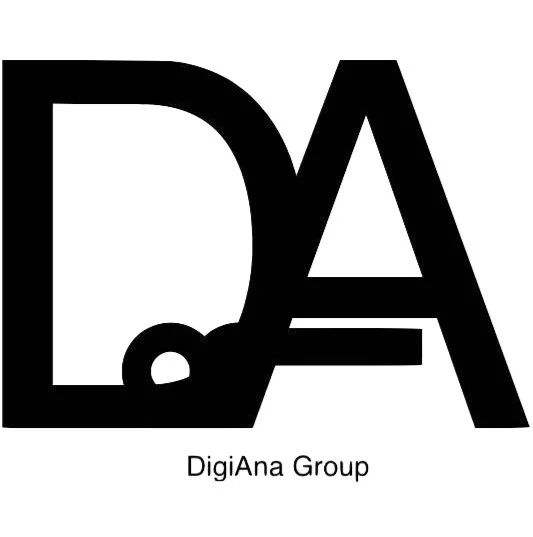We are DigiAna, nondigital, even analog.
If “Digital Art” means Artwork used by digital or new technologies, “DigiAna Art” means Artwork that makes us think about the relation between digital and non-digital. In the future, AI can make great artworks by itself, than humans can only redefine of ourselves.
DigiAna Group is a NY based Non-profit Arts organization and artist collective, whose artists deal with multi-sensory digital and analog media. The artists’ works focus on augmented reality and the cultural intersections between human-felt experience and a virtually-impelled world. Through virtual events, group performances, gallery shows, and lots of format events, DigiAna Group creates a meeting place for viewers to enjoy and discuss these ideas. 2023 DigiAna Studio open in Long Island City, NYC.
Digital media and platforms are designed to blend into people’s lives, just as knives and forks are designed for eating, and blend into our lives. Everyone uses digital devices and platforms on a daily basis to share photos, videos, information and services.
DigiAna art aims to raise questions about connections, values, and lifestyles created by digital devices and media such as the Internet and SNS and redefine them. It is an experimental attempt to remove the role that digital devices and those platforms currently play in order to grasp the essence of it’s contents. DigiAna Art can be said to be an art that represents our contemporary lifestyles and societies captured, destroyed, reconstructed, or created by the Internet and digital devices.
Seungjin Lee_DigiAna Organizer
DigiAna is an art group, a concept, and a philosophy.
I see it as something with the potential to create content that could influence society in many ways. As we move forward, humanity will increasingly be defined by its relationship with digital technology—something evolving faster than we can keep up with, almost godlike in its presence, shaping our lives every single day.
Right now, even in major art hubs like New York, which leads today’s modernist scene, and even from a sociological perspective, there aren’t many movements that are seriously exploring how this digital shift connects to our daily lives, our actions, or our communities. There’s a noticeable lack of conversation around how we can meaningfully integrate this theme into the way we live and relate to each other.
That’s exactly where this group comes in. Our role is to reframe the relationship between humans and the digital world—from every possible angle—and use creative methods to suggest new ways people can connect and build communities in this new era.


